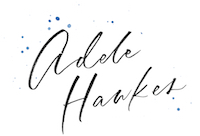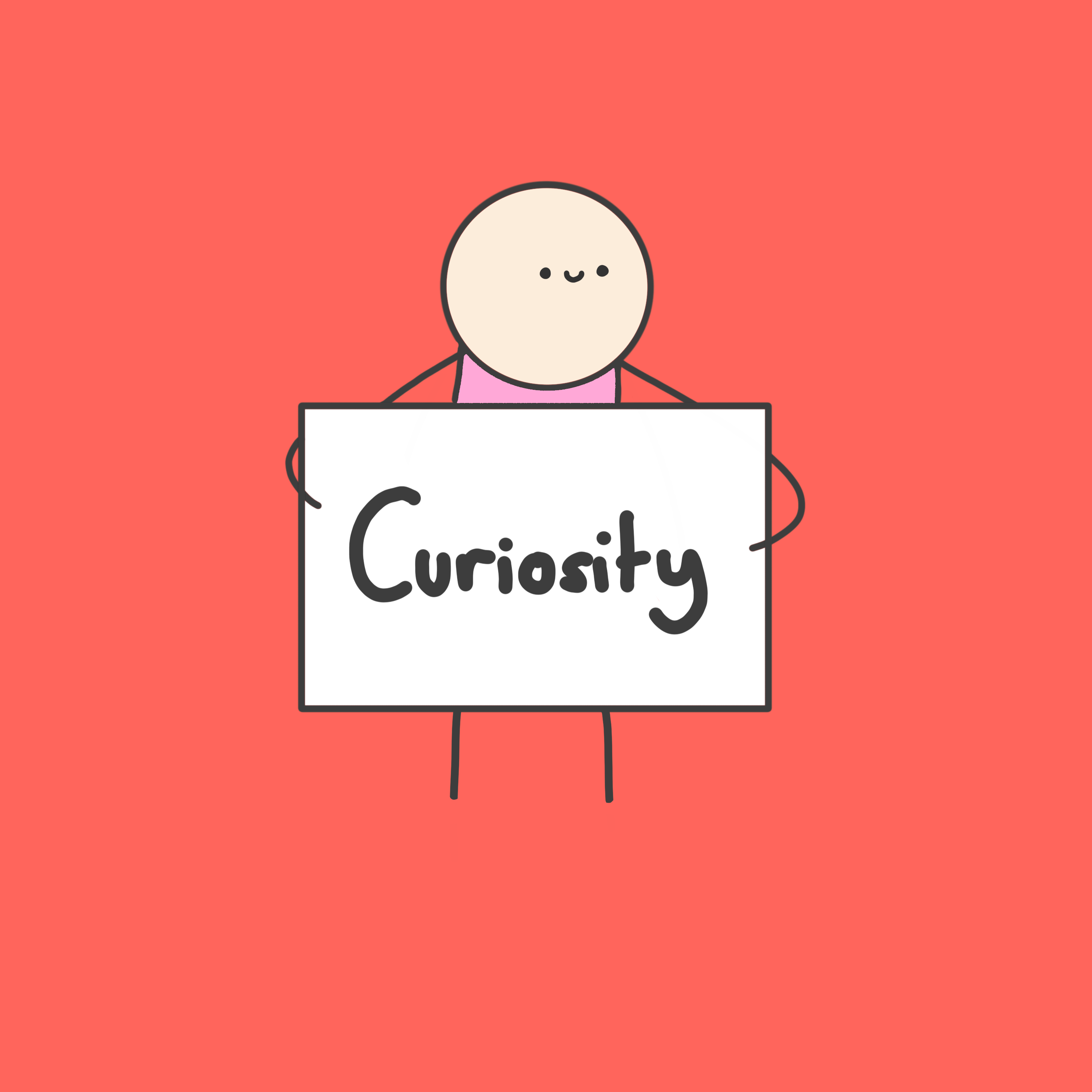Using your character strengths as a way to have a ‘life-well-lived’ was a concept that blew me away when I was first introduced to it several years ago. And it remains one of the things that resonates with me most about positive psychology.
It just makes complete sense. Why wouldn’t you use the things you are naturally good at on a day to day basis? And what better way can there be to overcome problems, issues or obstacles than from a position of strength?
Research backs up this logic. According to Martin Seligman, the granddaddy of positive psychology, we can become lastingly happier by using our strengths more often and in different ways. Yet it never ceases to amaze me how few of us really know what our strengths are or how to use them to best advantage.
As I said, not long ago, I was firmly in that camp.
If you are too and want a quick ready-reckoner, you might like to try the Values In Action (VIA) survey. It’s based on 24 positive character traits, drawn up after a review of virtues in major religious and philosophical traditions around the world. All the traits included are considered to be universal, ubiquitous, morally valued and measureable, which makes it an excellent starting point no matter who you are or where you are from.
My own top strength from this survey is curiosity, which came as a bit of a surprise to me. It’s not that I disagreed – far from it. It’s that I’d never considered it an advantageous quality to possess.
This is a point that Erika Anderson makes in her book, ‘Be bad first: Get good at things fast to stay ready for the future’. We often say that curiosity is good (it’s akin to a survival skill in babies and children as they learn about the world), but as adults we’re taught to behave as though it’s not. We learn not to ask too many questions at work, for example, for fear of asking the wrong thing and looking stupid.
I certainly considered my own curiosity in the same negative way – something to be suppressed in case I came across as too intrusive, nosy or eager, rather than something constructive that I could use. But, as Andersen says, it’s not asking questions that is ‘a big problem for us when it comes to learning new things and thriving in this ever-changing world’.
Curious people tend to be good listeners and conversationalists, simply because they are genuinely interested in other people. It’s also a trait associated with intelligence and problem-solving, in part due to the fruitful environment curious people create for themselves by seeking constant input from new people, new things and new ideas. And as creativity is highly correlated with openness to new experiences, it follows that curious people have a propensity towards the creative too.
Andersen also makes the point that really curious people find endless fascination in ‘how things work and what might be possible’ and are therefore willing to do what it takes to find out more, understand, master and become more skilled.
In short, this is a quality that propels us forward and ensures we don’t settle for the status quo.
Suddenly, I saw this trait of mine in a whole new light – it was something of value that I could use to my advantage. Realising this has been a game-changer. For example, I have pretty high levels of motivation when it comes to my work anyway, but on the odd occasion when I’m faced with a project that doesn’t immediately grab me, I’ve found approaching it from a perspective of curiosity – what can I find out about here that I don’t already know? – makes getting started a whole lot easier. I don’t mind telling you that I’m all for taking the path of least resistance when it comes to achieving the things we want, which is why I always take a strengths-based approach with my coaching clients.
Our character strengths tend to be pretty stable over time, but they can change following particular situations and we can also develop and hone them. (There are also risks in under and over-using them, but that’s a topic for another day.) If you’d like to use the strength of curiosity more intentionally and enjoy some of its many benefits, here are some simple ideas to get you started:
· Look around the room you are in right now. What can you notice that you would usually overlook?
· Spend the first 10 minutes after you arrive in work reading about something new in an area that interests you, and then share what you’ve learnt with a colleague
· See how many different routes you can take to and from work, or anywhere else you regularly go
· Read a book or watch a film that you wouldn’t usually gravitate towards
· Take someone at work you find inspirational out for a coffee, and ask them all the questions you want (obviously, check it’s ok with them first!)
· Next time you are working on a project or doing an activity that you don’t much like, try to find three novel things about it and pay attention to them
· Encourage curiosity in your team, company or even family, by simply reminding people that there is no such thing as a silly question


